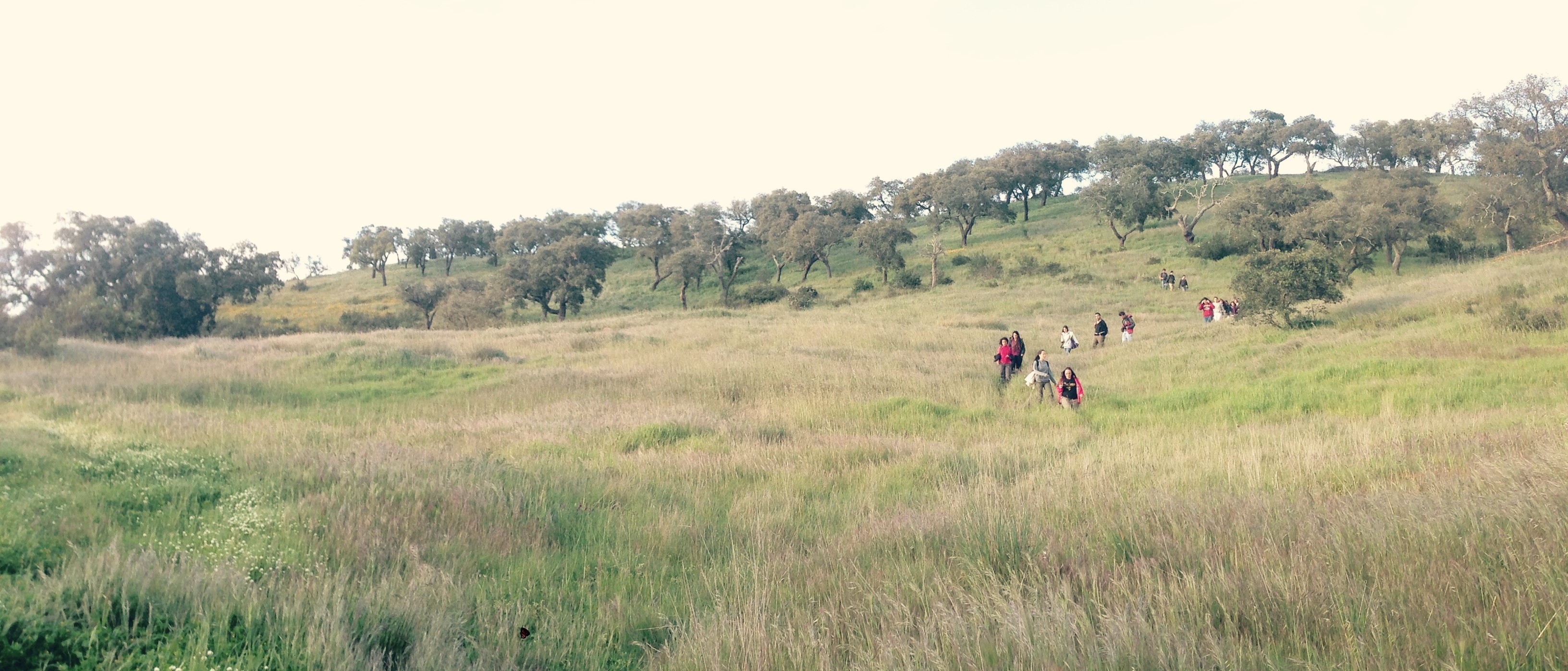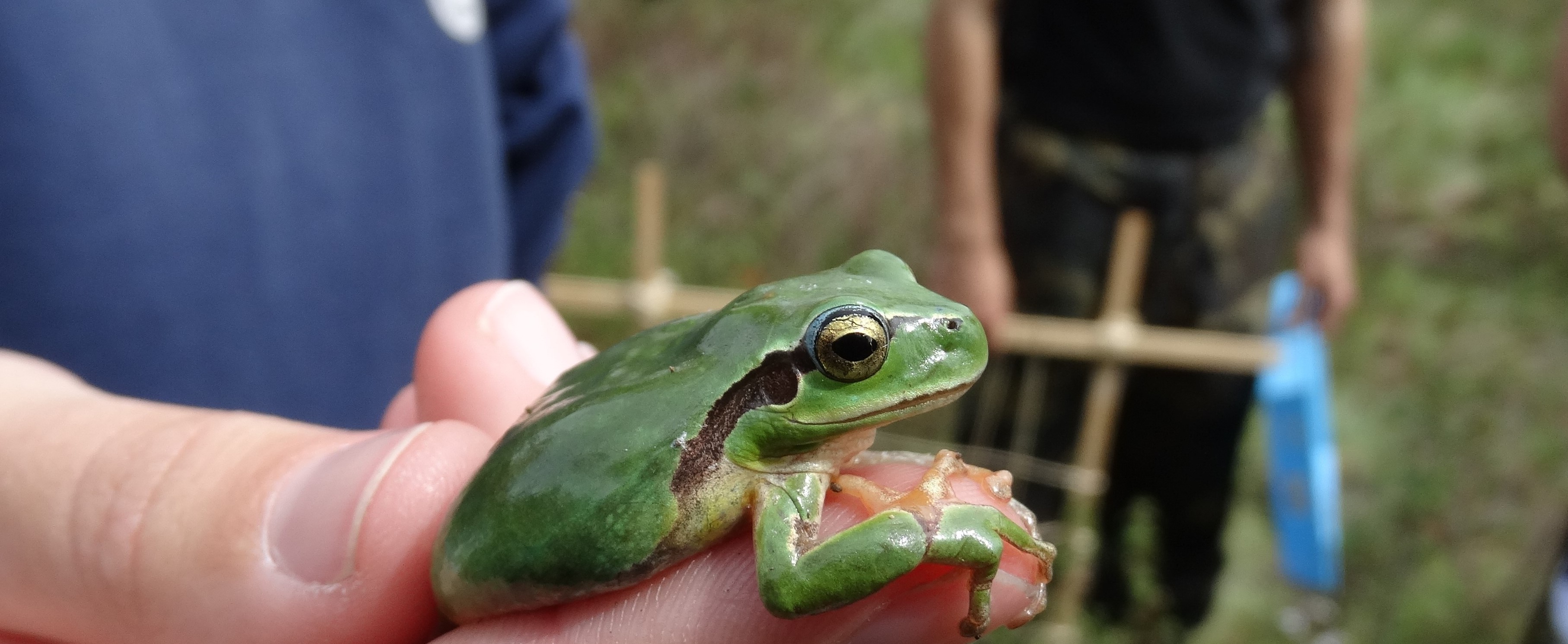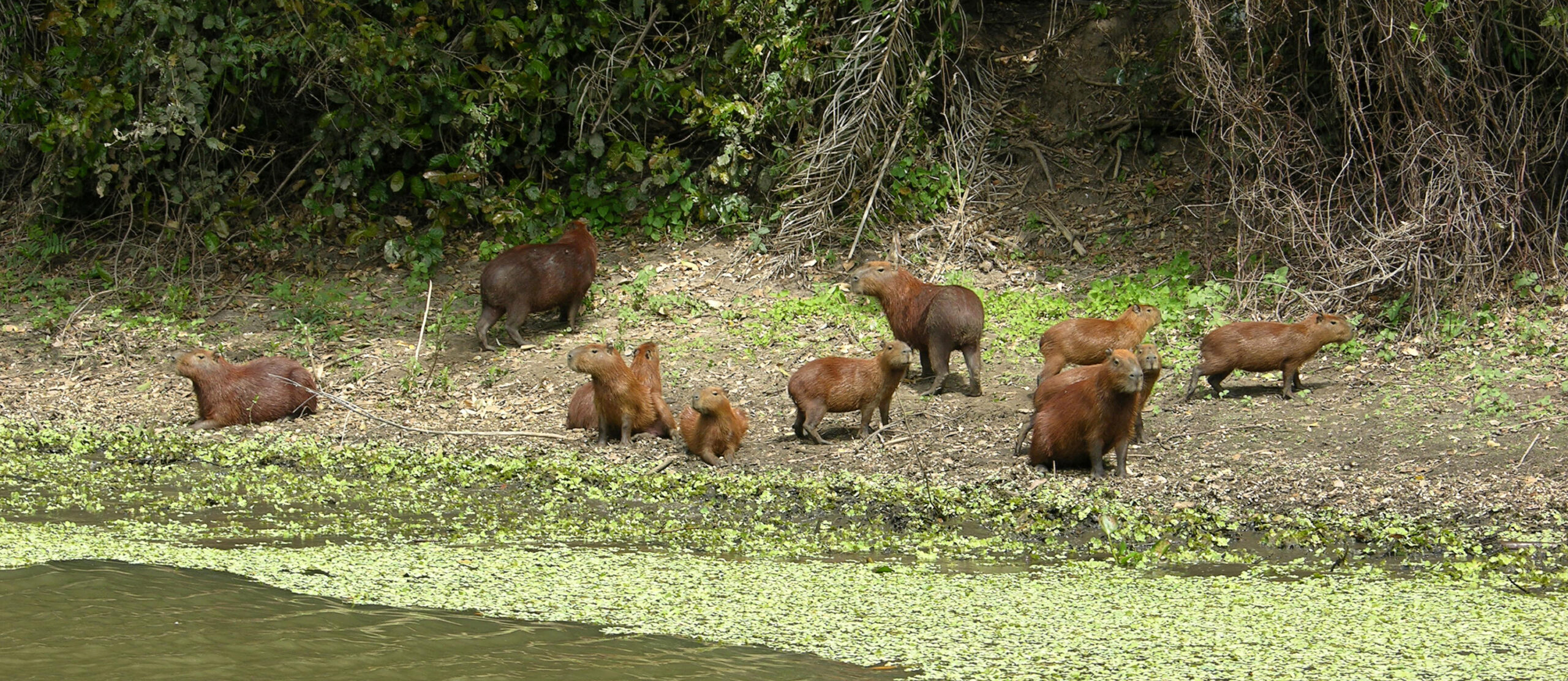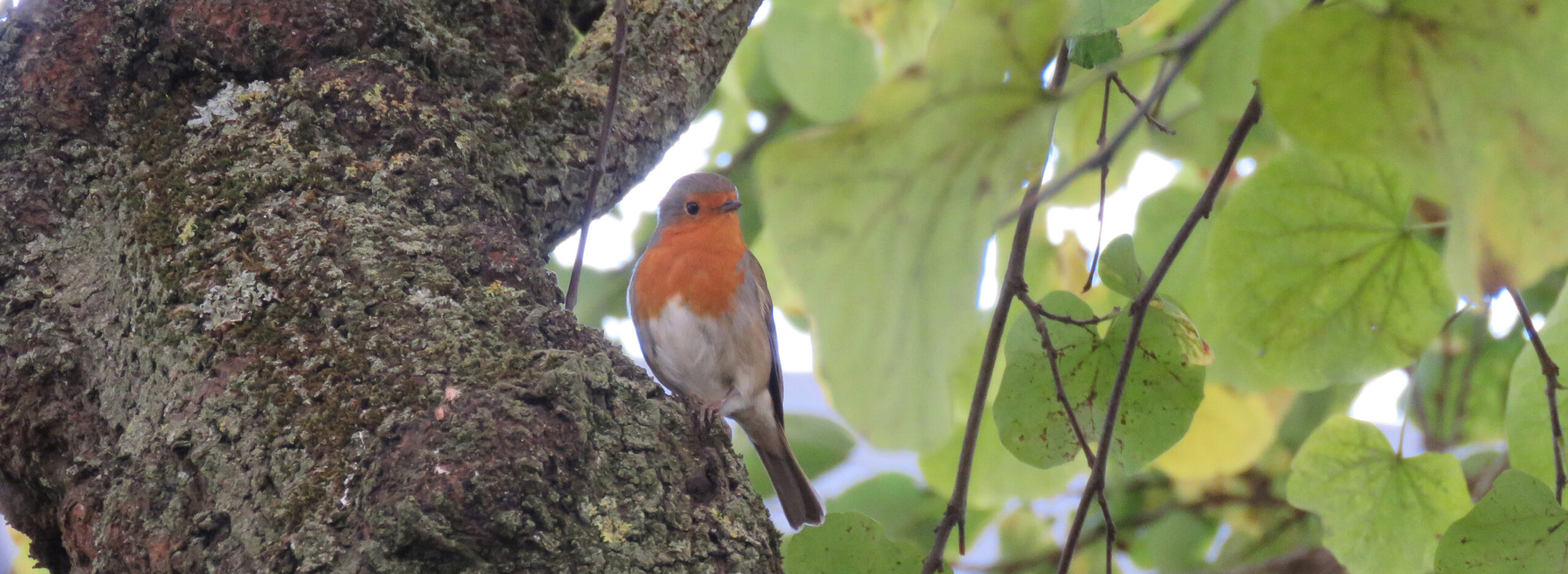January 24, 2025, at 14:00h in building C2, room 2.2.24 (FCUL), Tiago Morais Gonçalves will be presenting and discussing her Conservation Biology master’s dissertation, entitled “Bats, Birds, and Bugs: Metabarcoding trophic niches of invertebrate-eating flying vertebrates in West African lowland rice fields”.
January 9, 2025: Public discussion of a CB Master’s dissertation – Drivers of sarcoptic mange occurrence in Mediterranean populations of red foxes
January 9, 2025, at 14:00h in building C2, room 2.2.24 (FCUL), Maria SOusa will be presenting and discussing her Conservation Biology master’s dissertation, entitled “Drivers of sarcoptic mange occurrence in Mediterranean populations of red foxes”.
September 20, 2024: Public discussion of a CB Master’s dissertation – Population Genomic Survey of Two Non-Human Primate Species in Sub-Saharan West Africa
September 20, 2024, at 14:00h in building C2, room 2.2.24 (FCUL), Francisco Silva will be presenting and discussing her Conservation Biology master’s dissertation, entitled “Population Genomic Survey of Two Non-Human Primate Species in Sub-Saharan West Africa”.
July 31, 2024: Public discussion of a CB Master’s dissertation – Effect of the presence of non-matrix habitats in the spatio-temporal ecological patterns of mesocarnivores in Mediterranean environments
July 31, 2024, at 14:00h in building C2, room 2.2.24 (FCUL), Maria Machado will be presenting and discussing her Conservation Biology master’s dissertation, entitled “Effect of the presence of non-matrix habitats in the spatio-temporal ecological patterns of mesocarnivores in Mediterranean environments”.
July 26, 2024: Public discussion of a CB Master’s dissertation – Does artificial feeding of game species offer complementary resources for a non-target mesocarnivore community?
July 26, 2024, at 10:00h in building C2, room 2.2.24 (FCUL), Rui Antunes will be presenting and discussing his Conservation Biology master’s dissertation, entitled “Does artificial feeding of game species offer complementary resources for a non-target mesocarnivore community?”.
July 3, 2024: Public discussion of a CB Master’s dissertation – Nature might need some nurture: slow passive vegetation recovery in Mediterranean abandoned farmland The Baixo Sabor case study
On July 3, 2024, at 11:00h in building C2, room 2.2.24 (FCUL), António Ovídio Baptista Vaz Pato will be presenting and discussing his Conservation Biology master’s dissertation, entitled “Nature might need some nurture: slow passive vegetation recovery in Mediterranean abandoned farmland The Baixo Sabor case study”.
April 15, 2024: Public discussion of a CB Master’s dissertation – Conservation and biodiversity of insects of the Cesaredas Plateau
On April 15, 2024, at 10:00h in building C2, room 2.2.24 (FCUL), Tiago José Raimundo Carrapiço will be presenting and discussing his Conservation Biology master’s dissertation, entitled “Conservation and biodiversity of insects of the Cesaredas Plateau, Portugal”.
May 03, 2024: Public discussion of a CB Master’s dissertation – Bat activity in rice fields of Guinea-Bissau
On May 3, 2024, at 14:00h in building C2, room 2.2.24 (FCUL), Gonçalo Afonso Fernandes will be presenting and discussing his Conservation Biology master’s dissertation, entitled “Patterns and drivers of insectivorous bat activity around isolated trees in rice fields of Guinea-Bissau (West Africa)”.
April 11, 2024: Public discussion of a CB Master’s dissertation – Diet of European catfish in Portugal
On April 11, 2024, at 9:30h in building C2, room 2.2.24 (FCUL), Mafalda Cordeiro will be presenting and discussing her Conservation Biology master’s dissertation, entitled “Catfished: how metabarcoding diet analysis increases knowledge on predation by the invasive Silurus glanis”.
Plastic estuaries
A new study lead by FCUL found large amounts of artificial fibers in the Tejo estuary, as well as in several coastal areas of Western Africa, and was subject to a press release issued by FCUL. The MSc thesis of Catarina Serra-Gonçalves (class of 13/14) was instrumental for this work.
The results of this research are described in the article “Plastic and other microfibers in sediments, macroinvertebrates and shorebirds from three intertidal wetlands of southern Europe and west Africa”, in the journal Environmental Pollution, to be published in the next month of December.







